Former OpenAI and DeepMind researchers secured a record-breaking $300 million seed round to launch Periodic Labs—a startup focused on automating scientific discovery through AI-powered laboratories conducting actual physical experiments. The company emerged from stealth mode Tuesday backed by prominent technology figures including Andreessen Horowitz, Nvidia, Jeff Bezos, Eric Schmidt, and Google’s Jeff Dean.
This substantial funding round, led by Andreessen Horowitz, ranks among the largest seed investments in startup history and reflects unprecedented confidence that AI can accelerate breakthroughs in materials science. Periodic Labs was founded by Liam Fedus, former VP of Research at OpenAI and ChatGPT co-author, alongside Ekin Dogus Cubuk, who previously headed materials and chemistry at Google Brain and DeepMind, where he created GNoME—an AI tool that discovered over 2 million new crystals in 2023.
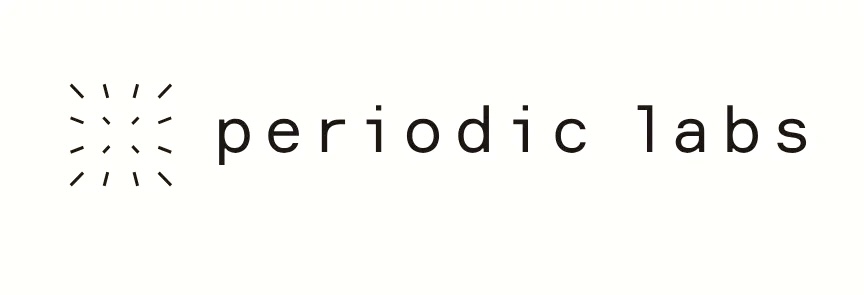
Building Autonomous Laboratories for Material Discovery
Unlike companies focused on digital AI applications, Periodic Labs is constructing autonomous laboratories where robots conduct physical experiments to discover new materials. The startup’s approach addresses what founders consider a fundamental limitation: current AI models have already “exhausted” the internet as a training source and require new data generated from real-world experiments.
“Science works by making guesses about how the world works, running experiments, and learning from the results,” Cubuk explained on social media Tuesday. The company plans to build a facility in Menlo Park, California, where AI systems will design experiments, operate robotic equipment to mix chemicals and heat materials, analyze outcomes, and adjust actions based on findings.
Initially, they’re concentrating on discovering superconductors—materials capable of conducting electricity without resistance that could potentially transform power grids, transportation, and quantum computing. Current superconductors either require extremely low temperatures or use rare materials, making them impractical for widespread adoption.
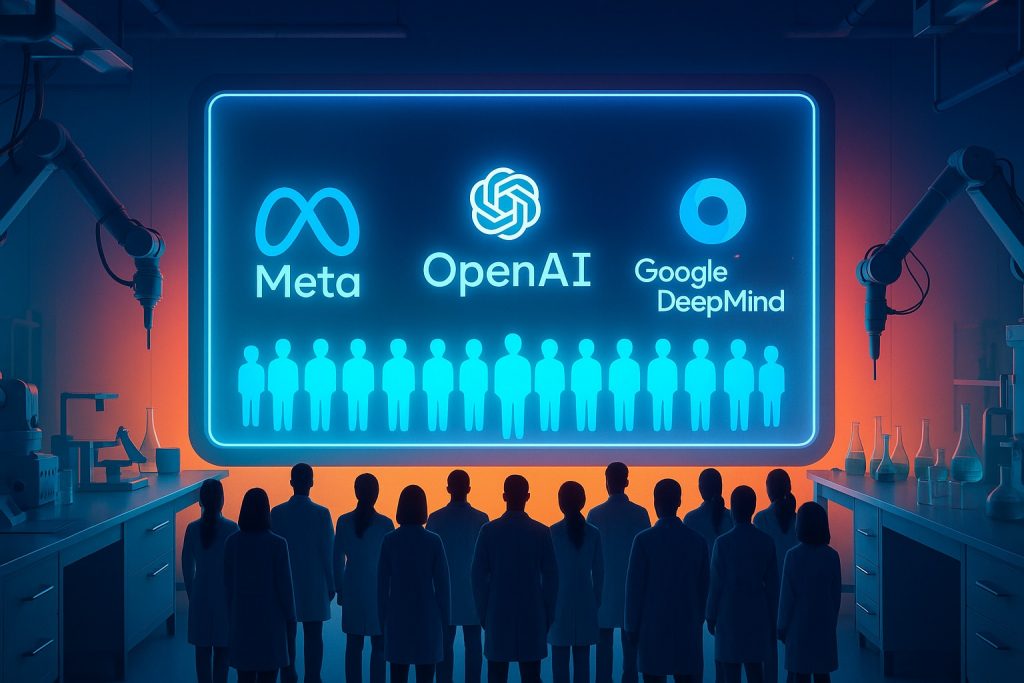
Talent Migration from Major AI Companies Accelerates
Periodic Labs attracted over 20 leading researchers from Meta, OpenAI, Google DeepMind, and other major AI firms, with many abandoning potential earnings in the tens of millions to join the startup. This talent exodus reflects growing interest in AI applications extending beyond chatbots and language models.
The startup enters a competitive landscape where AI-driven scientific discovery is gaining momentum. Recent achievements include MIT teams developing AI tools that increase the likelihood of generative models creating breakthrough materials, plus scientists using AI to identify quantum phases in superconductors within minutes—a process previously requiring months. Lawrence Berkeley National Laboratory has already demonstrated success with AI-controlled robots synthesizing new materials at its A-Lab facility.
Periodic Labs is already collaborating with clients from semiconductor, aerospace, and defense industries—sectors representing trillions of dollars in research and development spending. The company helps semiconductor manufacturers address heat dissipation challenges and trains agents to automate simulations. As materials science increasingly relies on autonomous experimentation, Periodic Labs positions itself at the forefront of “self-driving laboratories”—robotic platforms combining machine learning with physical experiments to dramatically accelerate material discovery timelines.
The company’s ambitious vision centers on creating what Fedus and Cubuk call “AI scientists”—systems that don’t just process existing information but generate entirely new knowledge through iterative experimentation. This represents a fundamental shift from current AI applications that primarily reorganize or synthesize existing data. Whether Periodic Labs can deliver on this promise remains to be seen, but the backing from industry leaders and the caliber of talent joining the venture suggests serious momentum behind applying AI to tangible scientific challenges rather than purely digital domains.
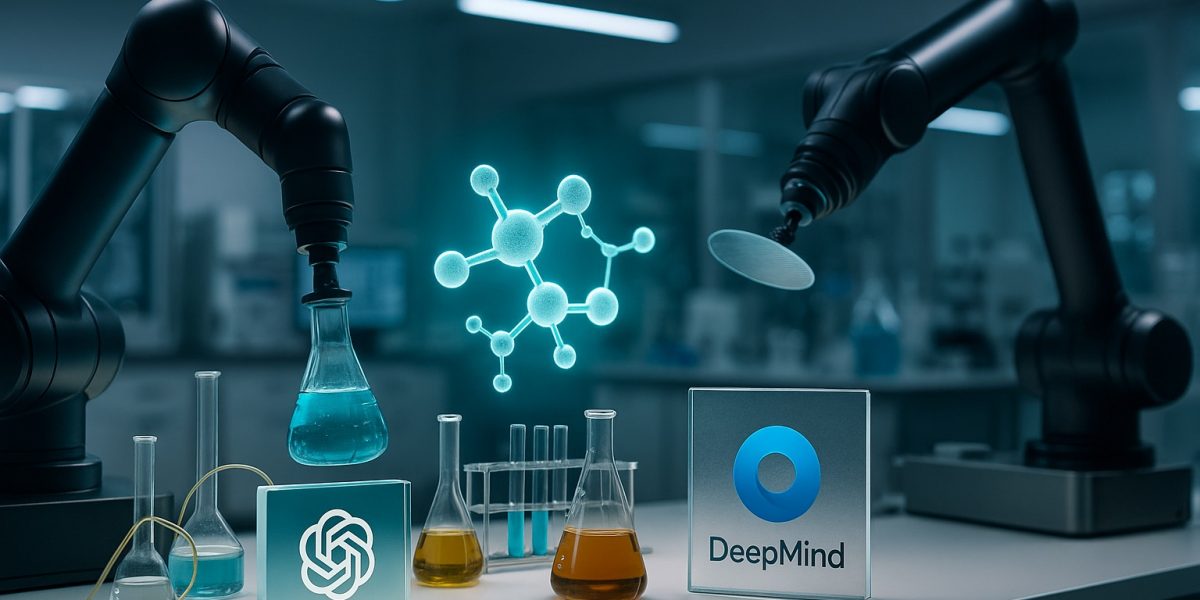
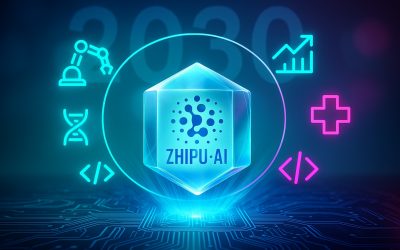

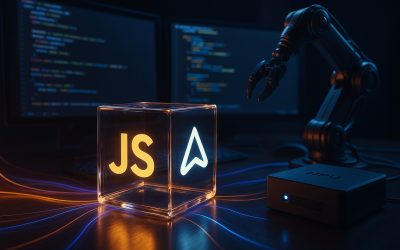
Post a comment